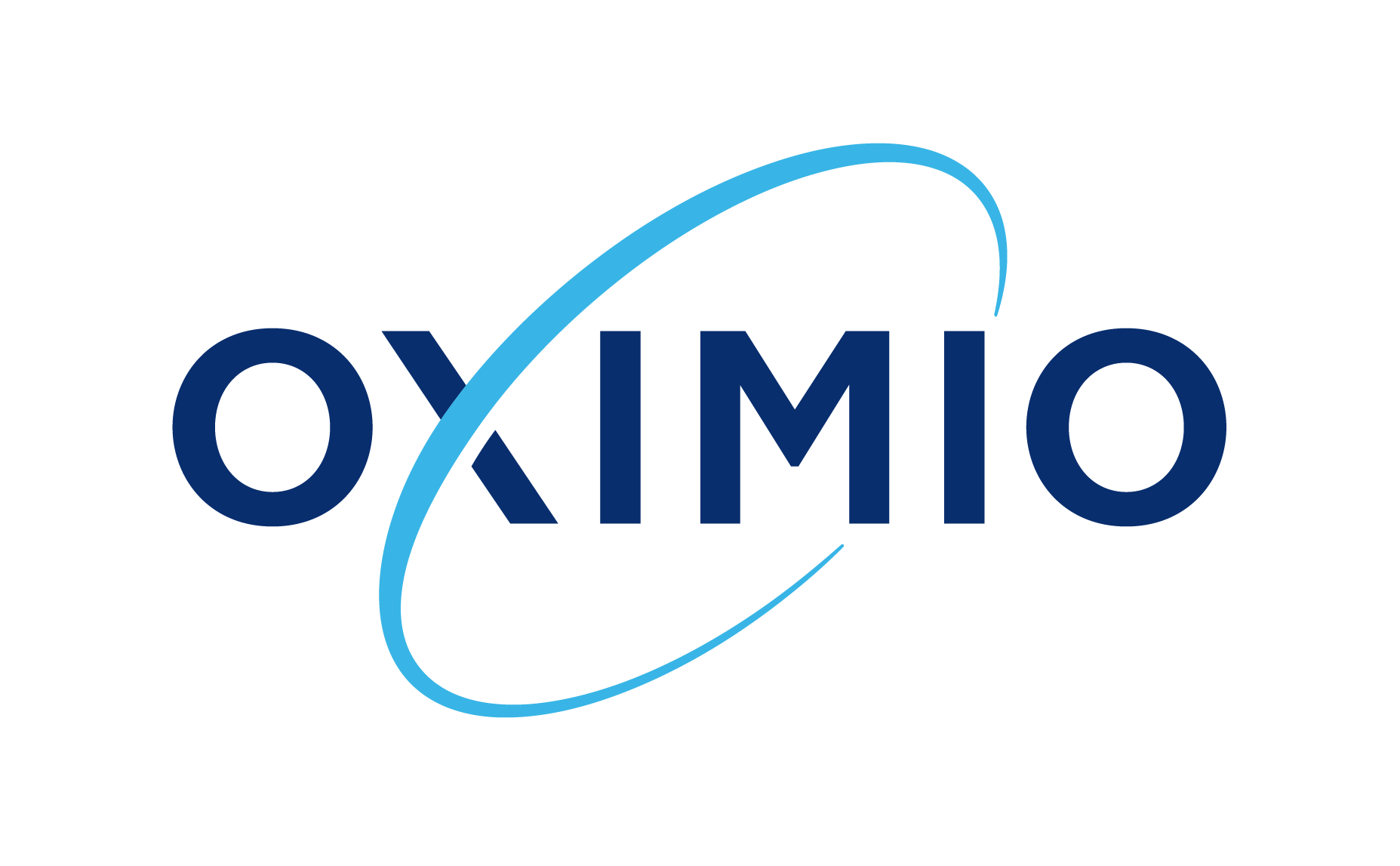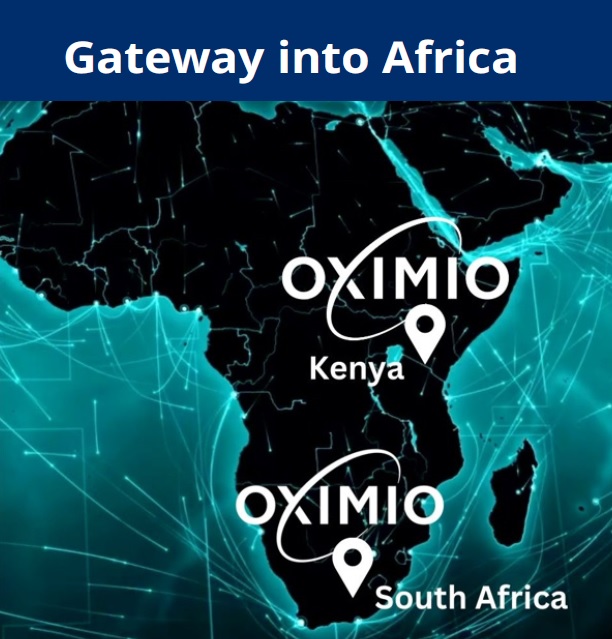s-SA Region (sub-Saharan Africa) Overcoming Import / Export and Distribution challenges
This is an outline of the workshop presented at GCSG US 2023 by Regional Director, Rob van den Bergh and
Chief Commercial Officer, Zayheda Khan
Situation
The African continent is anticipated to rise to at least 2-billion people within 5 years. It makes up over 17% of the global population, has an ethnically diverse population and bears 25% of the Global Disease Burden. There are 54 Countries on the Africa continent, each with their own regulatory agencies.
Africa is home to the highest genetic diversity of humans on the planet, and is filled with potential participants who are urbanised and drug-naïve.
GlobalData.com provides an analysis, where Africa is home to over 130,000 Experienced Investigators, 45,000 Trial sites who have conducted more than 36,000 Clinical Trials over the past 10 year period.
Regulatory Landscape
AVAREF – Harmonizing the Regulatory Landscape in Africa
https://www.afro.who.int/health-topics/immunization/avaref/joint-review-process
The African Vaccine Regulatory Forum (AVAREF) has implemented a Joint Review process to harmonize the regulatory landscape in Africa and improve the turn-around time for regulatory approvals in clinical trials. This process involves the review of clinical trial applications by regulatory authorities from multiple African countries simultaneously, with the aim of reducing duplication of efforts and expediting the approval process.
The Joint Review process has several benefits:
Firstly, it ensures that regulatory decisions are made based on the same set of standards, leading to greater consistency and harmonization across African countries.
Secondly, it promotes collaboration and information sharing among regulatory authorities, which can help to identify areas of improvement and increase efficiency in the review process.
Thirdly, it can lead to a reduction in the time and resources required to obtain regulatory approvals, which is particularly important in the context of clinical trials, where delays can have a significant impact on patient health and wellbeing.
Overall, the Joint Review process implemented by AVAREF is a promising initiative for harmonizing the regulatory landscape in Africa and improving the turn-around time of regulatory approvals in clinical trials.
AMA – Harmonizing the Regulatory Landscape in Africa
https://www.nepad.org/microsite/african-medicines-agency-ama
The Africa Medicines Agency (AMA) is specialized agency of the African Union (AU), established in February 2019 to regulate medical products and promote access to safe, effective, and quality medicines across the African continent. The AMA, based in Addis Ababa, Ethiopia, works closely with other AU agencies, regional economic communities, and national regulatory authorities to strengthen regulatory systems and ensure that medicines are available and affordable for all African citizens.
The AMA focuses on regulatory harmonization, capacity building, pharmacovigilance and access to medicines with particular focus on medicines for neglected diseases and other public health priorities and is an important iniative aimed at improving the regulatory environment and ensuring safe, effective and quality medicines.
Clinical Trials Community (CTC) Platform Partnership
The clinical trial community is connected through an online platform making the process of identifying African clinical trials sites effortless by providing easy access to African clinical trialists, site feasibility data and regulatory and ethics information all on one platform. Promoting clinical trial sites, their capacity, capabilities, and site feasibility intelligence by providing a platform where they are easily searchable and findable by key stakeholders. Increased collaborations will ultimately lead to improved sustainability of sites.
Regulatory requirements can positively influence clinical supply chain outcomes.
Regulatory agencies are not only limited to MoH’s, DoH’s, (Ethics Committee, etc ) in each of the 54 countries – but also includes Health, Customs, Standards, Revenue and Transport Authorities – amounting to over 160 regulators across the African Continent, and hence a deeper understanding of their processes, document requirements and most importantly ‘Approval Time-Lines’ will influence clinical supply chain outcomes.
Current adoption of online submissions and stardardisation is gaining traction and is already proving to be a game changer.
Case Study – Import Control
I relate to East Africa business community whereby the control of imports is managed through on-line platforms which are interlinked between Heath Dept, Customs and Revenue Departments, each requiring unique sign-on, passwords and payment uploads from DIFFERENT local registered entities.
Eg: in Kenya, Only a Registered Healthcare professional has access to PPB portal to ‘kickstart’ the import / export process and only a Freight Clearing agent, registered with KRA, may finalise the on-line process.
Knowledge of up-to-date Value Added Tax and Import Duty regulations and obligations, together with the correct value of the consignment, must be met for each shipment to ensure time-scales are met. This typically creates a bottleneck if we are not in full command of the processes. We did have a HUGE issue when a -20’C consignment had arrived and we hadn’t a clue where it was, which Freight company, Freezer location, can’t access Customs Warehouse, systems were Off-Line. The Sponsor’s Export Division’ sent without pre-notifications.
Oximio located it within the 11th hour – saved the day – pre-empted more stringent control mechanisms.
Language – English
Then there are the many different languages spoken and understood across Africa. Thus documents, submissions, product labelling and so on must be clearly understood and accepted from country to country.
Case Study
Case Study – Drug from a study in Lithuania was needed in Ghana. However, needed to be translated – so this was routed to Kenya Customs Bonded depot, whilst the labels were verified by Ghana FDA so that GMP relabelling could be performed, approved and despatched to sites in Ghana.
Technology – Trial Site Connectivity
One of the major challenges of conducting clinical trials in Africa is the lack of reliable and consistent internet connectivity, which can hinder communication between patients and researchers, as well as data collection and analysis. The deployment of satellite-based internet technology, such as Starlink, has the potential to significantly improve clinical research in Africa, particularly from the patient’s perspective. High-speed internet access to remote and under-served areas can help overcome this challenge and facilitate better patient engagement in clinical research. Patients can easily communicate with researchers, access study information and resources, and receive updates on the progress of the trial.
This can lead to improved patient retention and compliance, ultimately enhancing the quality and reliability of the trial results. Telemedicine and virtual consultations can become more feasible, allowing patients to receive medical care and advice without having to travel long distances. Overall, the deployment of technologies like Starlink in Africa has the potential to revolutionize clinical research and healthcare access for patients.
Technology – Patient Connectivity
https://en.wikipedia.org/wiki/Zero-rating
Zero rating and reverse data billing are innovative solutions that can help patients stay connected during clinical trials, even in areas with limited or no internet connectivity. These solutions allow patients to access clinical trial information, communicate with researchers, and participate in virtual consultations without incurring data charges, ultimately improving patient engagement and retention in the trial.
Zero rating refers to the practice of exempting certain types of internet traffic from data charges. By zero rating clinical trial-related data, patients can access study information, communication tools, and virtual consultations without worrying about data costs, making it easier for them to stay connected and engaged throughout the trial.
Reverse data billing, on the other hand, allows data charges incurred by patients during clinical trials to be billed directly to the trial sponsor rather than the patient. This removes the financial burden of data charges from the patient, making it easier for them to participate in the trial and stay connected throughout the study.
By implementing these innovative solutions, clinical trial sponsors can help overcome some of the major barriers to patient engagement and retention in clinical trials, particularly in low- and middle-income countries where data costs can be a significant burden. Patients can stay connected with the research team, receive study updates, and participate in virtual consultations without incurring additional costs, ultimately improving the quality and reliability of the trial results and advancing medical knowledge.
Differences in regulatory requirements can affect shipping and distribution channels.
Covid-19 was certainly a stress test for change for all of us, however lack of supply chain visibility was exacerbated by the fact that knowledge of the supply chains in the African continent was not deep enough.
Increasing Multi-Site, Multi-Country studies will have fundemental differences in regulatory requirements from country to country which can affect the supply chain if the shipper/research company is not acutely aware of each country’s regulations resulting in customs clearance delays, temperature excursions and loss of clinical trial continuity.
Case in Point:
More Multiple Country, Multiple trials are being conducted in Africa because we have the disease burden similar to the rest of the world. Non-communicable diseases such as hypertension, cardiovascular disease, chronic respiratory diseases, diabetes and cancers are considered high – and presents opportunities to the research companies.
We need to take a proactive approach and prepare for changing regulatory landscapes by understanding and adopting more advanced supply chain risk management practices by ensuring compliance with future regulations by keeping up-to-date with supply chain changes and expectations with visibility and continuous risk monitoring.
We need to understand each country’s Customs processes as this is directly related to imported clinical products as too is the description of clinical material, ambiguous meanings, HS Code misclassifications, PVoC ( Pre-Verification of Conformity ) to name a few.
Case Study: HS Codes
Simply put – The Harmonization Code can differ by ONE digit and get stopped by Customs. Lab Kits are typically susceptible to intense scrutiny, as too are Medical Devices made up of multiple components.
PVoC inspections
CoC’s are typically only accepted for medicines – all allied product, (ancillaries, devices, etc.) need to be inspected in the country of origin, by a recognised entity who have been approved in country of import.
Summary
De-risking model for conducting clinical trials in Africa
A deeper engagement with the agencies who have been mandated to harmonize the regulatory landscape in Africa is critical to expedite CTA approval timelines.
Deployment of easy-to-access technology will maintain Sponsor, CRO, Site and Patient connectivity.
Third-party coalitions and collaborations with experts who have developed Sponsor/CRO’s excellent relationships with all regulators and freight carriers, maintains up-to-date in supply chain risk management – so that we can rapidly adapt, keep up with the changing regulatory landscape and to make timely and effective decisions to improve supply chain outcomes.
More specifically, a centralised customs bonded distribution facility in Africa, which provides state-of-the-art storage and distribution is essential in maintaining the clinical supply chain across all Afrcan states which too, has a reciprocal financial cost benefit.
Centralised procurement to rapidly move clinical trial material, manage biospecimen transportation, perform re-labelling and so on will contribute positively to clinical supply chain outcomes.
Attracting more clinical trials in Africa, like every aspect of the clinical trial industry, is dependant on effective and robust supply chain management.
Sponsors and CRO’s may now take comfort in the fact that this de-risking model is a game changer for conducting clinical trials in selected African countries.
This, we believe, will go a long way to expedite clinical trial approvals, provide robust supply chain solutions, build trust and attract more clinical trials IN2Africa, and thereby, address the disease burden issues and create more opportunities for clinical research companies throughout sub-Saharan Africa.

